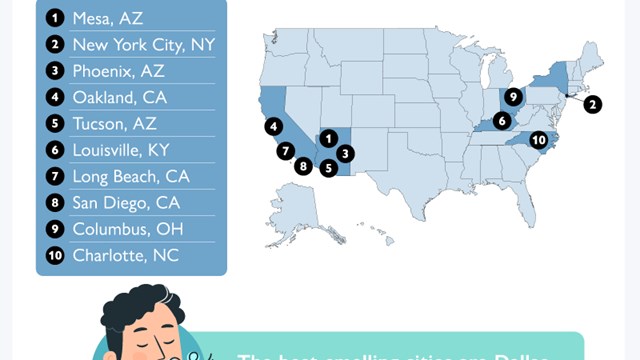
Like just about everything else we encounter and use every day, the lines of communication in a co-op or condo building have been scrutinized, analyzed, and updated for the cyber age. The question is whether that new approach has made co-op and condo owners’ favorite pastime of complaining and making suggestions any more convenient or efficient. Here's a look at how communication within the multifamily housing setting has evolved.
A Short History of Gripes
For as long as there has been community living, there have been dissatisfied residents. In the old days, complaints and suggestions often landed in a shoe box with a hole in it inside the building's lobby. If that didn’t work and the problem was serious enough, there was always the dreaded 'elevator ambush,' or registered mail sent to the managing agent and/or the board president. The former required chutzpah and a captive audience; the latter, a trip to the post office -- a form of torture not generally welcomed by busy people with full schedules.
Complaining was revolutionized with the arrival of email, which meant no more shoe boxes in the lobby, or registered letters -- now, all that was needed was an email address. In general, everyone has email, and aside from some issues of security and privacy, it has became the accepted means of communication among residents, board members, and management.
In the past 10 years or so, the advent of other means of communications--including blogs, social media platforms, and websites--have gained popularity as communications facilitators. Mark Schneider, an attorney at the New York City firm of Schneider Buchel, strongly cautions against the use of any of these as an acceptable forum for suggestions or complaints, because they're public; everyone can see what their neighbors have written. “That is one surefire way to exacerbate any complaints, as other members will jump on the bandwagon,” he says.
What’s New and Interesting?
Now there’s an app on the market to facilitate such interaction between residents provided by BuildingLink, according to Julie Schechter, an associate attorney with Montgomery McCracken Walker & Rhoads. The Resident App provides both information to residents and an open forum for communication among neighbors. The app can be used by residents to put in service requests with the super, and even sell items, like furniture or concert tickets. It is also used to alert residents when a package or dry cleaning has been received by the doorman.
In an interview with The Cooperator, a BuildingLink representative explained that within the app program, the co-op or condo has an option to set up an extra category for such things as complaints or suggestions. The message is then forwarded through the system to a specified email address, which the building manager or a board member had chosen for that purpose. The communication is private and is portal-protected, and the functionality is there.
Other similar apps are also available. For instance, the Seattle-based company ActiveBuilding has an app specifically for condominium properties. The app is usable on smartphones and on computer systems. The Cooperator attempted to contact ActiveBuilding but was unable to reach a representative.
What the Residents Have to Say
Hope Kaye is a resident of a 54-unit co-op building in New York City’s Washington Heights neighborhood. Her building has BuildingLink, and Kaye has both a smartphone and laptop from which she utilizes the app. The registration process involves contacting the managing agent. Though she hasn’t used the app much, Kaye likes what she’s seen of it.
Allison Spitz, a resident of a co-op building on the Upper East Side, observes that her building also has BuildingLink and that the app is particularly well suited to certain types of communications, such as package delivery and drop off. As far as concerns that it’s replacing the old-fashioned complaint bureau or the suggestion box, she says: “People still prefer to speak directly to a board member or the managing agent.”
At least there's always face-to-face confrontation as an option.
AJ Sidransky is a published novelist and a staff writer at The Cooperator.






Leave a Comment